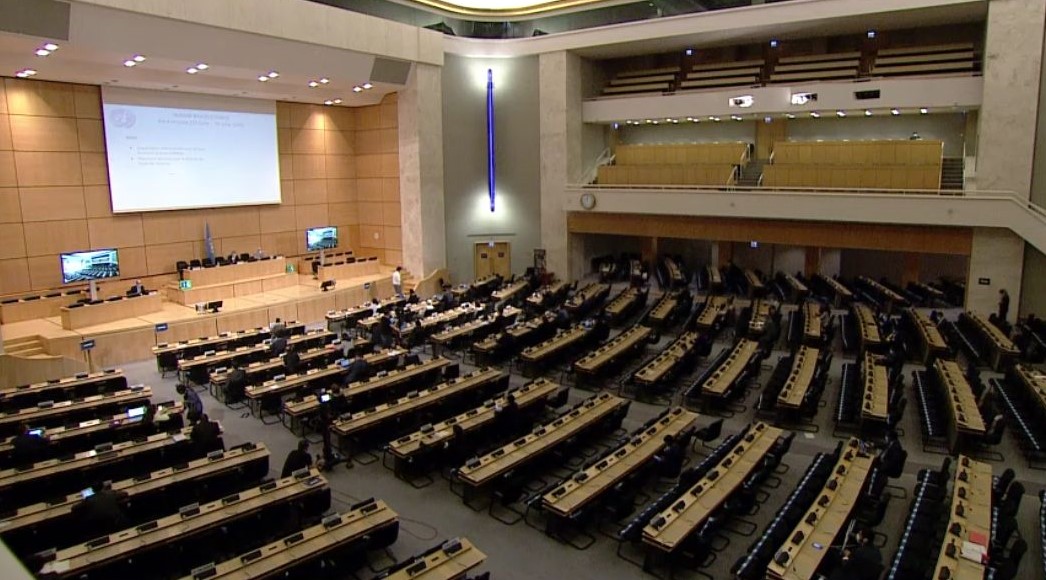
Feb 12, 2021 | Advocacy, Non-legal submissions
The ICJ today addressed an emergency Special Session of the UN Human Rights Council on Myanmar, outlining violations to human rights and the rule of law occurring in the country since the coup d’état of 1 February.
The Special Session is expected to adopt a resolution to address “The human rights implications of the crisis in Myanmar.”
The ICJ statement read as follows:
“Madame President,
The International Commission of Jurists condemns the Myanmar military’s unlawful seizure of authority and the unconstitutional declaration of a state of emergency on 1 February.
These actions defy core rule of law principles and provide an illegitimate basis for the suspension and erosion of human rights.
Nearly 200 people, including human rights defenders, have been arbitrarily detained, some in unknown locations. Security forces have used excessive force against peaceful protesters, causing serious injuries.
Regulations imposed pursuant to the state of emergency grant military forces nearly complete impunity. Furthermore, these regulations suspend crucial judicial remedies for violations of rights, such as the writ of habeas corpus.
Judges, including from the Supreme Court, have been illegally removed and replaced, undermining the independence of an already embattled judiciary.
The military takeover further endangers the already grave situation of the Rohingya community.
The ICJ calls on the Human Rights Council to urge the military to immediately return authority to the civilian government and allow immediate access to the Special Rapporteur on Myanmar and other special procedures, the OHCHR, and the Independent Investigative Mechanism for Myanmar, whose mandate includes investigating all serious human rights violations.
Member States should take necessary measures to ensure truth, justice and accountability for crimes under international law, including by supporting all relevant accountability mechanisms.
Thank you.”
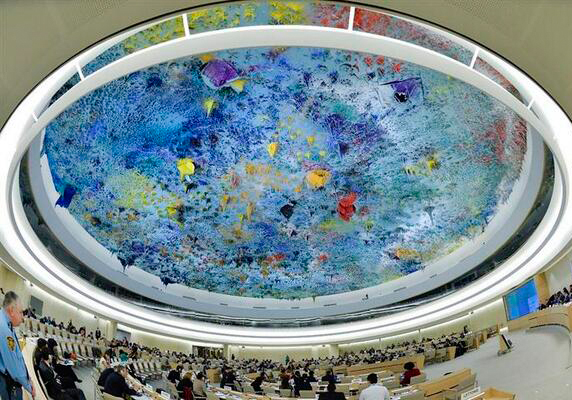
Feb 5, 2021 | Advocacy, Non-legal submissions
Today, the ICJ and other human rights NGOs have written to UN Member States to call for a renewal of the mandate of the UN Commission on Human Rights in South Sudan.
The joint letter highlights the existing remaining concern on the human rights situaion in South Sudan and provide with key recommendation for its functioning.
Find the joint letter here: SouthSudan-UN-JointLetter-Advocacy-NonLegal-2021-ENG
Contact:
Massimo Frigo, ICJ UN Representative, e: massimo.frigo(a)icj.org, t: +41797499949
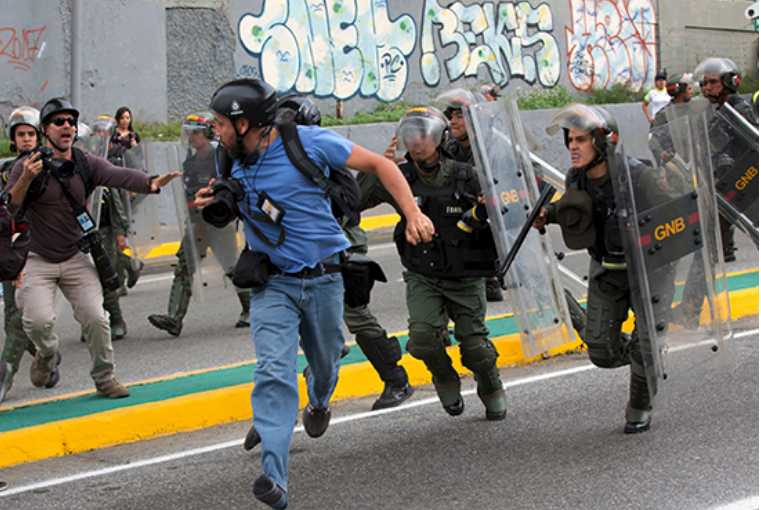
Feb 5, 2021 | Advocacy, Non-legal submissions
Today, the ICJ joined several human rights NGOs to stand in solidarity with Venezuelan NGOs subject to threats, harassment, attacks, restrictions, reprisals and criminal proceedings by State authorities.
The joint statement reads as follows:
The recent, ongoing and unwarranted detention of five members of the Venezuelan NGO ‘Azul Positivo’ is one more event in a series of threats, harassment, attacks, restrictions, reprisals and criminal proceedings against Venezuelan civil society organizations and human rights defenders, which has been intensifying since November 2020.
In recent months and weeks, state agents have forcibly entered the offices of civil society organizations; public threats have been made against defenders who have been engaging with human rights mechanisms, NGO bank accounts have been frozen and arrest warrants issued for aid workers.
Venezuelan civil society operate in a context of serious legal and administrative obstacles with domestic laws used to target human rights defenders, such as the ‘Law Against Hate’, or having the effect of limiting the operations of NGOs and restricting their access to funding, essentially blocking the work of many organizations vital for Venezuelans in need.
In a public statement, a number of UN independent human rights experts and regional experts have described threats and measures taken against Venezuelan civil society since November 2020 as amounting to ‘systematic persecution and stigmatization.’
It is essential that humanitarian and human rights organizations responding to the grave humanitarian and human rights crises in the country, pushing for accountability for violations and abuses and the return of guarantees provided by democratic institutions and processes are able to do their work without fear or hindrance.
Human rights defenders are critical, constructive and essential to democracies and the functioning of the rule of law. Attempts to silence and cow them are counterproductive and shameful.
We urge the Venezuelan authorities to ensure that harassment and threats against Venezuelan defenders stop and for all international legal guarantees to be respected.
We call on all states and UN bodies and agencies to actively support civil society organizations, defenders and activists and to speak up loudly and consistently for the right to defend human rights in Venezuela and globally.
We are inspired by the daily commitment and courage of Venezuelan human rights defenders and humanitarian workers and stand in solidary with our Venezuelan partners and friends.
Signatories:
- Amnesty International
- Center for Justice and International Law (CEJIL)
- CIVICUS
- Civil Rights Defenders
- Conectas Diretos Humanos
- Freedom House
- Global Centre for the Responsibility to Protect
- Human Rights Watch
- International Commission of Jurists
- International Service for Human Rights
- People in Need
- Washington Office on Latin America (WOLA)
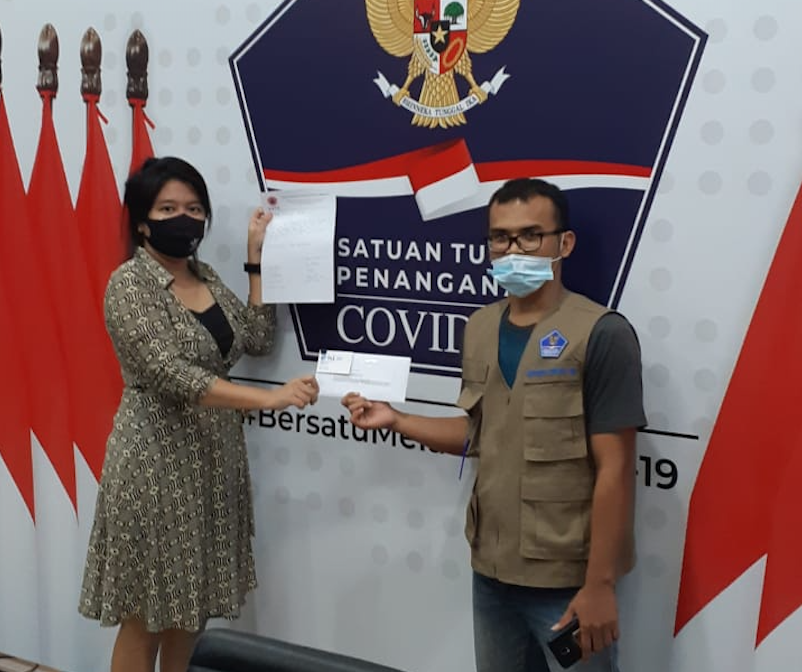
Dec 16, 2020 | Advocacy, Non-legal submissions
In an open letter, the ICJ today called on Indonesia’s COVID-19 Mitigation Task Force to provide detailed guidance to the Government of Indonesia, in taking actionable steps to implement gender responsive measures in the country.
Since the beginning of the outbreak of the pandemic, the mortality rate of Indonesia is reportedly among the highest in the world.
In addressing the pandemic, the Government has established regulations and repeatedly advised people to restrict social gatherings and stay at home. These measures have a particularly disparate impact on Indonesian women, exacerbating the pre-existing gender inequalities in Indonesia.
The ICJ has previously highlighted the challenges faced by women in its report “Living Like People who die slowly.” Similar concerns has been expressed by the UN Committee on Economic, Social, and Cultural Rights.
The ICJ called the task force to take proactive and special measures to protect women workers in its COVID-19 response, in line with the recommendations of the UN Committee on the Elimination of Discrimination against Women’s Guidance Note on COVID-19.
Specifically, the ICJ has recommended that it promote government responses to:
- Ensure that women receive basic needs support
- Provide more working opportunities for women to work from home
- Provide online counseling or mental health support for women workers
The ICJ considers that the failure to recognize the gender dynamics affecting women workers, particularly public health emergencies, limits the effectiveness of the overall Government’s response efforts and impedes the full realization of women’s human rights in Indonesia.
Download
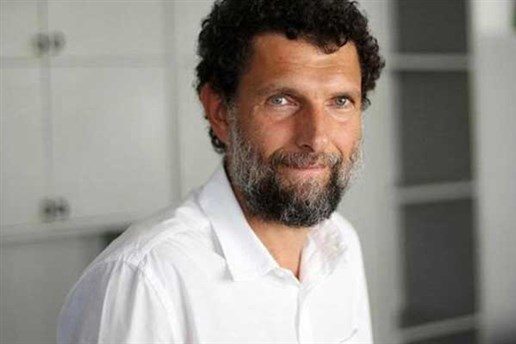
Nov 3, 2020 | Advocacy, Non-legal submissions
Today, the ICJ, jointly with Human Rights Watch and the Turkey Human Rights Litigation Support Project presented a submission to the Council of Europe’s Committee of Ministers on the Execution of the judgment Kavala v. Turkey by the European Court of Human Rights.
The ICJ, Human Rights Watch and the Turkey Human Rights Litigation Support Project have reported to the Committee of Ministers that new charges against Osman Kavala lack concrete evidence and have been brought in disregard of the ECtHR’s judgment whose execution the Committee is supervising.
The three NGOs have invited the Committee of Ministers to:
- consider adopting the relevant recommendations formulated in their submission of 29 May 2020;
- take further steps to end immediately Mr. Kavala’s ongoing detention, which has now exceeded three years;
- recognise at its 1390th 1-3 December 2020 meeting that the continuing detention of Osman Kavala violates Article 46 of the Convention concerning the binding nature of final judgments of the ECtHR and may trigger Article 46(4) infringement proceedings against Turkey; and
- take the necessary general measures identified in the NGOs submission of 29 May 2020 to implement the ECtHR’s ruling concerning Article 5 and 18 of the Convention in Kavala v. Turkey and its findings in relation to human rights defenders.
In their initial submission dated 29 May 2020, the NGOs underlined that decisions taken to prolong Mr. Kavala’s detention had been guided by political expediency and there had been a concerted political effort by the Turkish authorities to prevent Mr. Kavala’s release. These bases for their action are evident in the sequence of court orders prolonging Mr. Kavala’s detention, the actions of the executive and prosecutors in relation to the judicial procedures against him, and the lack of due consideration of the ECtHR’s findings and objective deliberation as to the legality of any deprivation of liberty. The NGOs made several recommendations to the Committee of Ministers, on the issues of the general and individual measures, to ensure full implementation of the ECtHR’s judgment and Mr. Kavala’s immediate release on the ground that the Court’s judgment clearly applies to his ongoing detention.
In its judgment on Kavala v. Turkey, the EUropean Court of Human Rights, on 10 December 2019, found violations of Article 5(1) (right to liberty and security), Article 5(4) (right to a speedy decision on the lawfulness of detention) and Article 18 (limitation on use of restrictions on rights) of the European Convention on Human Rights taken together with Article 5(1). The Court required the Government of Turkey to take measures to end the detention of human rights defender Osman Kavala and to secure his immediate release. The Court stated that any continuation of Mr. Kavala’s detention would prolong the violations and breach the obligation to abide by the Court’s judgment in accordance with Article 46(1) of the Convention. The judgment became final on 11 May 2020.
Despite the Court’s clear findings and mandatory order, Mr. Kavala remains in detention as of the date of this submission.
Turkey-Kavala_v_TurkeyExecution-JointSubmission2-HRWICJTHRLP-2020-ENG
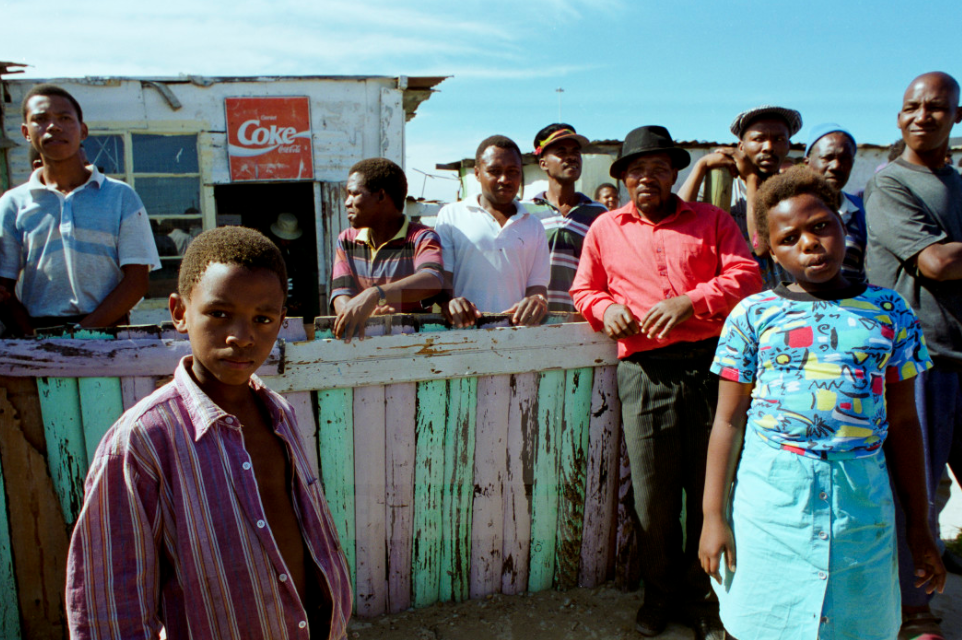
Oct 30, 2020 | Advocacy, Non-legal submissions
The Gauteng Township Economic Development Bill aims to promote local economic development in designated townships by creating and facilitating the creation of viable township businesses. The Bill establishes a Development Fund whose economic benefits and incentives are strictly reserved for citizens and permanent residents only.
The Bill would prohibit most non-citizens from large swathes of economic activity.
“This would include documented non-citizens like asylum seekers and refugees most of whom are not eligible for social assistance. It might prevent many non-citizens from making a living and could leave many destitute and homeless,” the ICJ Africa Director Kaajal Ramjathan-Keogh said.
“The Bill might also fuel existing xenophobic sentiment and could result in recurrences of xenophobic violence. Courts in South Africa have repeatedly warned government officials and departments against conduct that risks perpetuating xenophobia.”
If this Bill were to be enacted, South Africa would fall short of its requirements under both national and international law.
The ICJ has thus submitted their comments to the Gauteng Provincial Government, which you can find below.
Watch the animation on this issue










